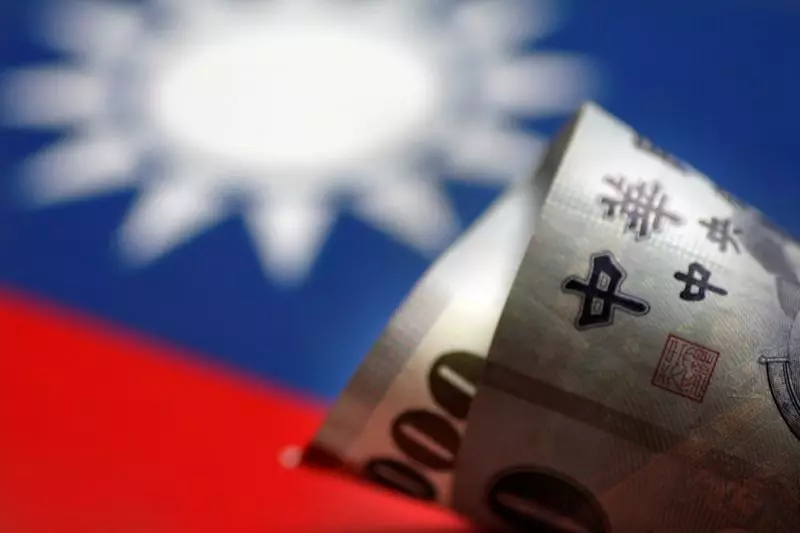In recent times, Asian currencies have been experiencing fluctuations in value against the US dollar due to various global political events. The Federal Reserve’s decision to potentially cut interest rates, as well as statements made by US Republican presidential candidate Donald Trump, have had a significant impact on the currency market in the region. This article will delve into the implications of these events on different Asian currencies and the overall outlook for the market.
Donald Trump’s comments regarding Taiwan paying for defense supplies have led to a weakening of the Taiwan dollar and Chinese yuan against the US dollar. The rhetoric against Beijing and the possibility of strained US-China relations have caused uncertainty among traders, resulting in a cautious approach towards Chinese markets. The USDCNY pair steadied near eight-month highs, reflecting the apprehension surrounding Trump’s statements.
The Japanese yen, on the other hand, has shown resilience after the Bank of Japan’s intervention in currency markets. Despite the currency remaining weak compared to its regional counterparts, the USDJPY pair has steadied following the government’s efforts to support the yen. The divergence in US and Japanese interest rates has been a significant factor influencing the yen’s performance in recent years.
Speculation over a potential interest rate cut by the Federal Reserve has also played a crucial role in influencing Asian currencies. The likelihood of a rate cut in September has led traders to reevaluate their positions, with over a 90% chance priced in by the CME Fedwatch. This anticipation has tempered the gains in the US dollar and provided a more positive outlook for Asian markets.
Despite the uncertainty surrounding global political events, broader Asian currencies have shown mixed reactions. The Australian dollar and New Zealand dollar have experienced slight gains, while the South Korean won and Singapore dollar have fluctuated. The Indian rupee, on the other hand, continues to remain under pressure, nearing record highs against the US dollar.
The interplay between global political events and economic factors has created a volatile environment for Asian currencies. The impact of statements made by political figures and central banks’ interventions cannot be understated in shaping market dynamics. As traders continue to monitor these developments closely, the resilience and adaptability of Asian currencies will be put to the test in the coming months.

